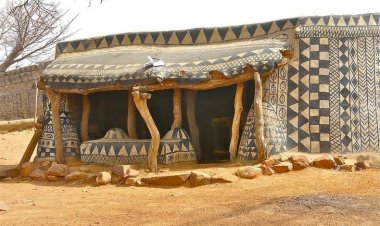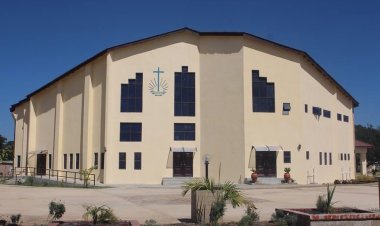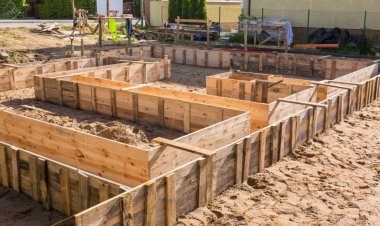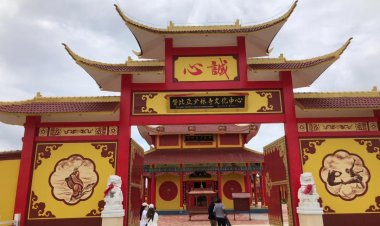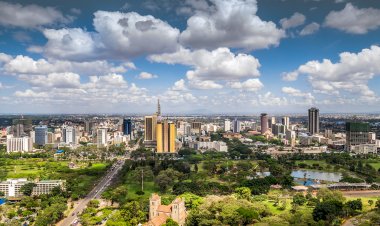What One Needs to Know About Land Ownership in Ghana
Land registration is an important stage of the land ownership process as it will put the ownership of the land on notice to all as well as make the future transfer of property easier.
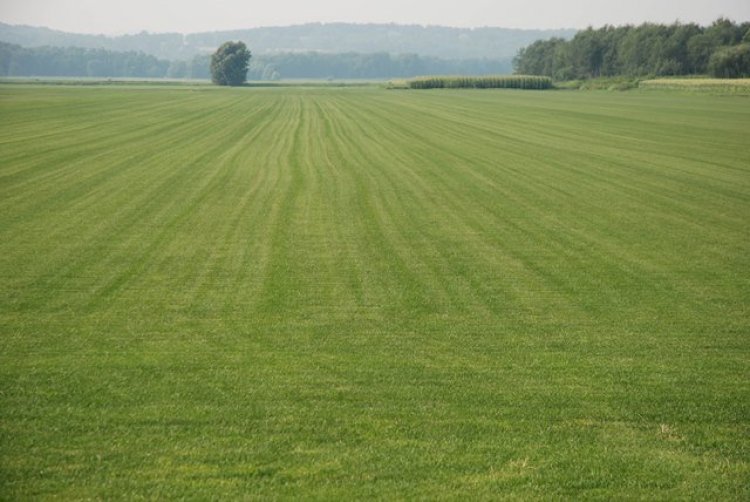
The acquisition of land to build dream homes or for commercial purposes has become an important achievement among both locals and expatriates in Ghana.
However, despite the interest and importance associated with owning land, acquiring land in Ghana is not a walk in the park due to the increasing population and the rising number of middle-class Ghanaians and local and foreign investors.
Also, the chances of falling prey to illegal sellers and indiscipline activities such as, insecurity of title, multiple sales, encroachments, fraud, and many others are the reasons why one needs to know what steps to take to safely purchase a land.
A Senior Lands Administration Officer Samuel Mold at the Lands Commission has advised that the first step to buying land must be engaging in thorough research on the land of interest and the seller of the land.
At this stage, every check is necessary including verifying whether the land belongs to that individual or group.
He said the option to fall on the back of the Lands Commission to conduct one's search is viable adding that both Ghanaians and non-Ghanaians who want to acquire land and have no idea where to start from can visit the lands Commission for guidance.
After knowing the owners of the land, inquire for a site plan and cross-check at the Lands Commission to be sure the land has not been earlier sold to someone else.
However, the site plan is essential as it will prevent any possible ownership disputes since the Lands Commission will keep a copy at their office.
A property Consultant, Cyril Nii Ayitey Tetteh has also advised that, if possible one can "hire a licensed surveyor to independently verify the actual dimensions or demarcations on the physical plot of land as sometimes there are variances between what is marked on the site plan and what is on the ground ".
Mr. Mold noted that making payment or commitment must come after the buyer is sure of the authenticity of the land and after which transfer agreement is endorsed by the seller and buyer.
After all the above is done, the buyer must proceed to the Lands Commission for registration which is usually the last step in the land purchasing process.
Land registration is an important stage of the land ownership process as it will put the ownership of the land on notice to all as well as make the future transfer of property easier.
The important thing in the land acquiring process is that one must be sure of the genuineness of the process, the seller, the land, the purchase and the transfer agreement.
Travelers upon visiting other countries have expressed interest in owning properties outside their resident countries. According to the Lands Act 2020 (1036), non-Ghanaians are allowed to buy land in Ghana. meanwhile, lands are sold based on a 50-year leasehold for foreigners and 99 years for locals.
As stipulated in the Lands Act 2020 (1036), leasehold “is an interest in land for a duration which is ascertainable”.
Ghana's Lands Act 2020 (1036) is to revise, harmonize and consolidate the laws on land to ensure sustainable land administration and management, efficient and effective land tenure and to provide for related matters.

 Juliet Etefe
Juliet Etefe 






